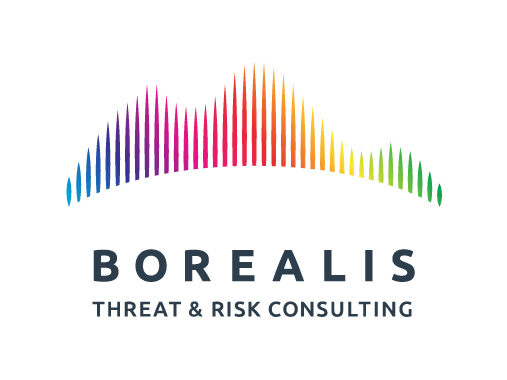Episode 217 – Decisions on the fate of children whose parents are members of terrorist groups are complicated
I would imagine very few people have much sympathy for terrorist groups (Hamas supporters in the West notwithstanding). Most believe terrorists should be investigated, monitored and stopped before they can carry out the carnage they have planned. If this means kinetic action (i.e. locating and killing them) so be it: otherwise arrests, charges and – hopefully – convictions. But terrorists often have kids whom they may seek to indoctrinate into their causes, in effect creating the next generation of violent extremists. What do we do with the children? Do we remove them from their parents and put them in safe environments (meaning splitting up families)? A difficult question to deal with to be sure. Borealis talks with Lynn Scheider of the ICCT on this matter.
About my guest
Dr. Lynn Schneider is a research fellow at the International Centre for Counter-Terrorism. Her current research is funded by the German Federal Office for Migration and Refugees, and desinged to understand the long-term development of ISIS-affiliated child returnees. Her previous research focused on the experiences of children in both Islamist and right-wing extremist families. She holds a PhD from the University of Oxford.
Canadian Intelligence Eh
In a world of multiple voices and opinions it can be very hard to know where to turn. One choice is to look to those who actually worked in counter-terrorism in the national security world.
In these half-hour podcasts, 30-year Canadian intelligence veteran Phil Gurski is joined by a fascinating array of individuals with something meaningful to say about these issues as they provide insight into what they mean and what we need to do about them.
About Phil Gurski
Phil worked as a senior strategic analyst at CSIS (Canadian Security Intelligence Service) from 2001-2015, specializing in violent Islamist-inspired homegrown terrorism and radicalisation. From 1983 to 2001 he was employed as a senior multilingual analyst at Communications Security Establishment (CSE – Canada’s signals intelligence agency), specialising in the Middle East. He also served as senior special advisor in the National Security Directorate at Public Safety Canada from 2013, focusing on community outreach and training on radicalisation to violence, until his retirement from the civil service in May 2015, and as consultant for the Ontario Provincial Police’s Anti-Terrorism Section (PATS) from May to October 2015.
He was the Director of Security and Intelligence at the SecDev Group from June 2018 to July 2019 and the Director of the National Security Programme at the University of Ottawa’s Professional Development Institute from 2020-2022. Mr. Gurski has presented on violent Islamist-inspired and other forms of terrorism and radicalisation across Canada and around the world.
He is the author of The Threat from Within: Recognizing Al Qaeda-inspired Radicalization and Terrorism in the West (Rowman and Littlefield 2015) Western Foreign Fighters: The Threat to Homeland and International Security (Rowman and Littlefield 2017), The Lesser Jihads: Taking the Islamist fight to the world (Rowman and Littlefield 2017), An end to the ‘War on Terrorism , When Religion Kills: How Extremist Justify Violence Through Faith (Lynne Rienner 2019) and The Peaceable Kingdom? A history of terrorism in Canada from Confederation to the present (self-published: 2021, republished by Double Dagger in 2022). He regularly blogs and podcasts (Canadian Intelligence Eh!), and tweets (@borealissaves) on terrorism and intelligence matters.
He was an associate fellow at the International Centre for Counter Terrorism (ICCT) in the Netherlands and is currently a digital fellow at the Montreal Institute for Genocide Studies at Concordia University. He is also a visiting fellow at the International Security and Risk Management programme at the University of South Wales
Mr. Gurski is a regular commentator on terrorism and intelligence for a wide variety of Canadian and international media.

